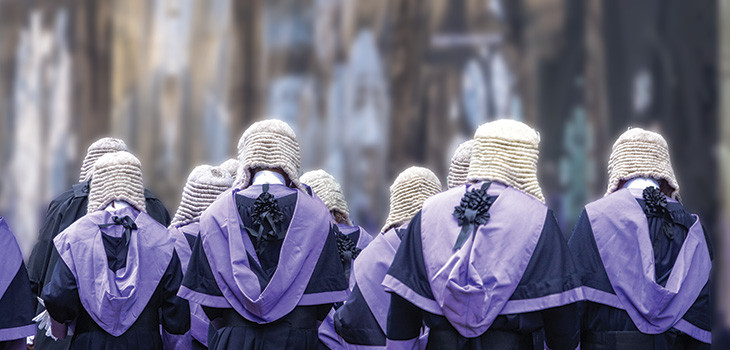
‘The universally recognised Bangalore Principles of Judicial Conduct identify six core values that should guide each judge’s work and Retired judge Victoria McCloud gives a personal analysis of the implications of new restrictions on judges’ freedom of speech in England & Wales, namely independence, impartiality, integrity, propriety, equality, and competence and diligence. When using social media, judges should always be guided by the Bangalore Principles …’ (UNODC Guidance, Global Judicial Integrity Network, UN Doha Declaration).
Judges have the usual rights to freedom of expression, including under Art 10 of the European Convention on Human Rights (ECHR), now buttressed by the Nauru Declaration 2024 on Judicial Wellbeing, emphasising the human rights of judges and signed by representatives of UK judges’ groups and representatives from many other nations. The nature of the role imposes responsibilities usefully encapsulated in the core principles above. Art 10 allows laws





.tmb-mov69x69.jpg?sfvrsn=961ae4db_1)
95ca96e3d47f4eff8d147c4f0df17c77.tmb-mov69x69.png?sfvrsn=3db5d86b_1)

